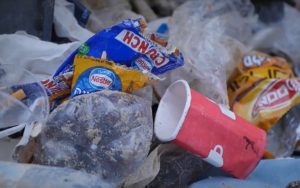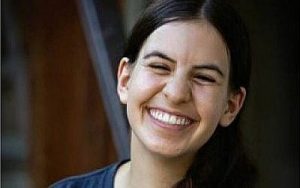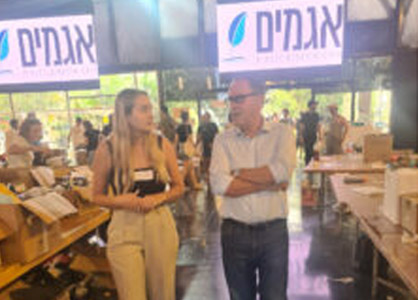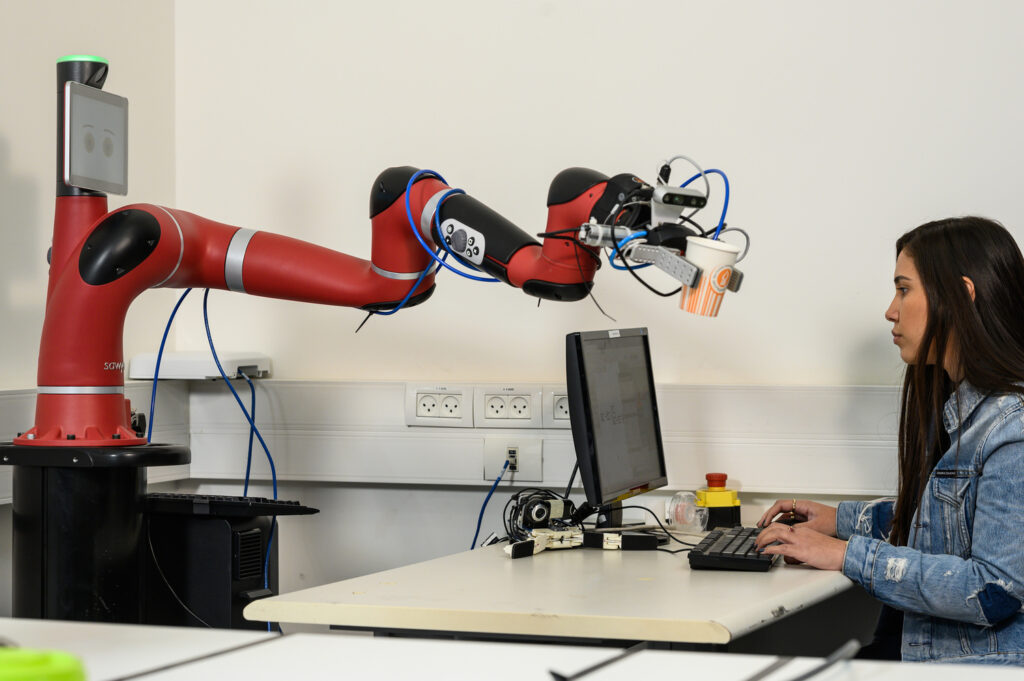
BGU Student Recruits Rabbis to Protect Environment
BGU Student Recruits Rabbis to Protect Environment
October 3, 2019
Negev Development & Community Programs
The Times of Israel — Shifra Shafran, a 27-year-old brain science student at Ben-Gurion University of the Negev, has inspired thirty religious Zionist rabbis to sign a letter calling on Israelis to reduce their use of disposable plastic items as much as possible, coinciding with the beginning of this year’s High Holy Days.
 The letter notes that Israel is a world leader in the consumption of single-use plastic and that 90 percent of beach trash is made of plastic.
The letter notes that Israel is a world leader in the consumption of single-use plastic and that 90 percent of beach trash is made of plastic.
The discarded plastic “comes back to our plates in fish, salt and even the water we drink,” the letter says. “Research shows that we consume an average of five grams of plastic every week and small particles of plastic have even been found in mother’s milk.”
Israel is the second biggest per capita consumer of single-use plastic in the world.
The signatories to the letter include Rabbi Shlomo Aviner, head of Jerusalem’s Ateret Yerushalim Yeshiva; Rabbi Yuval Cherlow, director of the Tzohar Center for Jewish Ethics at the Tzohar rabbinical organization; the Ofra settlement’s chief rabbi Avi Gisser; David Dudkevich, the rabbi of the settlement of Yitzhar; and the Beit Hillel organization.
The rabbis appeal to their communities to remember the rules of bal tash’hit, which prohibit needless destruction and waste and are derived from a verse in Deuteronomy 20:19-20 which forbids the cutting down of fruit trees during war.
“During the religious holidays, single-use plastic and plastic wrap consumption increases,” the letter continues, urging its audience to be more aware of the damage plastic causes to health and the environment and to try to reduce its use both during the holidays and throughout the year.
Shafran, while not religiously observant, studied at Midreshet Ein Prat, a pluralistic center of Jewish learning in the West Bank, northeast of Jerusalem.
“My flatmate was religious so I’m connected to that world,” Shafran said, “and already for a long time, I’ve thought that an appeal from rabbis from all the religious Zionist streams could have a significant impact. On the eve of the holiday (the Jewish New Year), the country is going to fill up with mountains of plastic trash and I felt I had to do something.”
Shafran, who is active with the student environmental movement Green Course, continued, “I don’t like the accusing finger that is often pointed at the religious community as if it’s the only one that pollutes and that doesn’t care about the environment. The secular population also doesn’t exactly behave perfectly.”
She said she had emphasized the health issue because many people thought that plastic was a problem for sea turtles and therefore was distant from their lives. “It was important for me to emphasize that whatever we emit into nature, nature spits back at us,” she said.
Shafran used social media to find contact details for the rabbis, after which volunteers in religious communities approached them.
“I was doubtful about the extent to which the rabbis would agree, but was happy to discover that it’s important to most of them,” Shafran said. “Some of the rabbis said they are already trying to cut single-use plastic in their yeshivas and homes, while others promised to put their houses in order and to ensure that things change from now on.”




